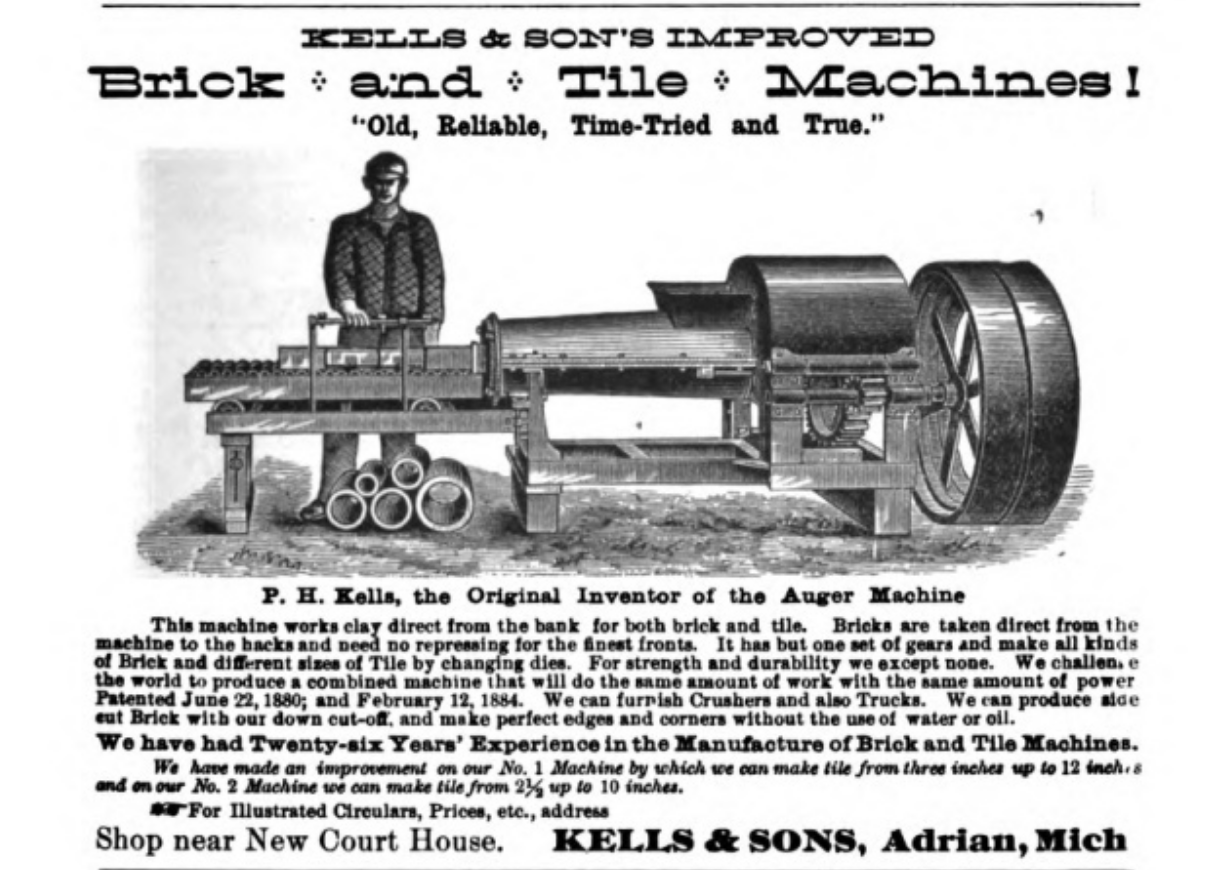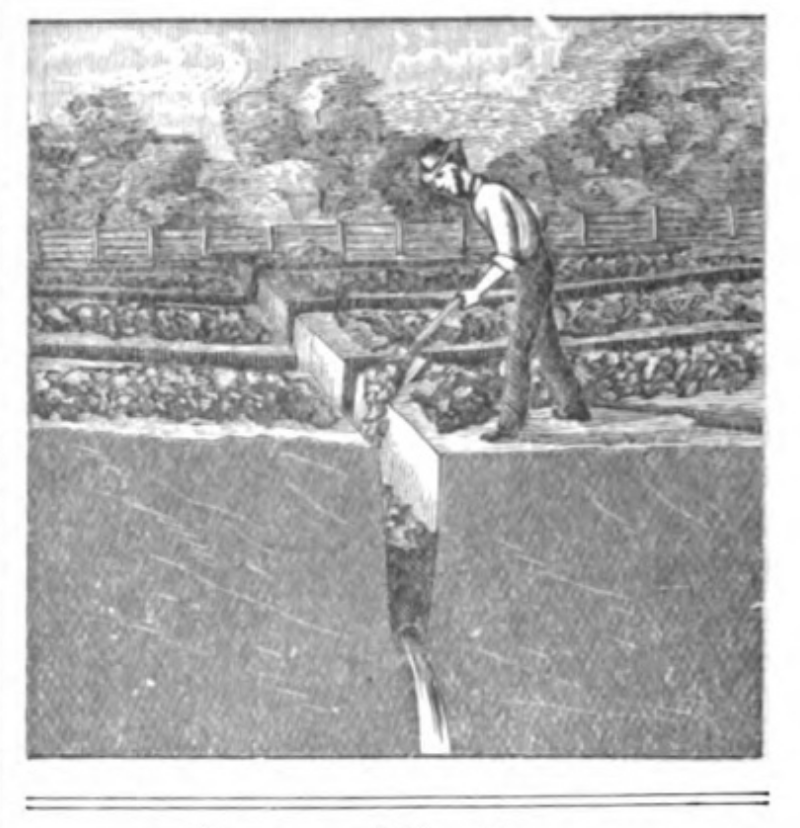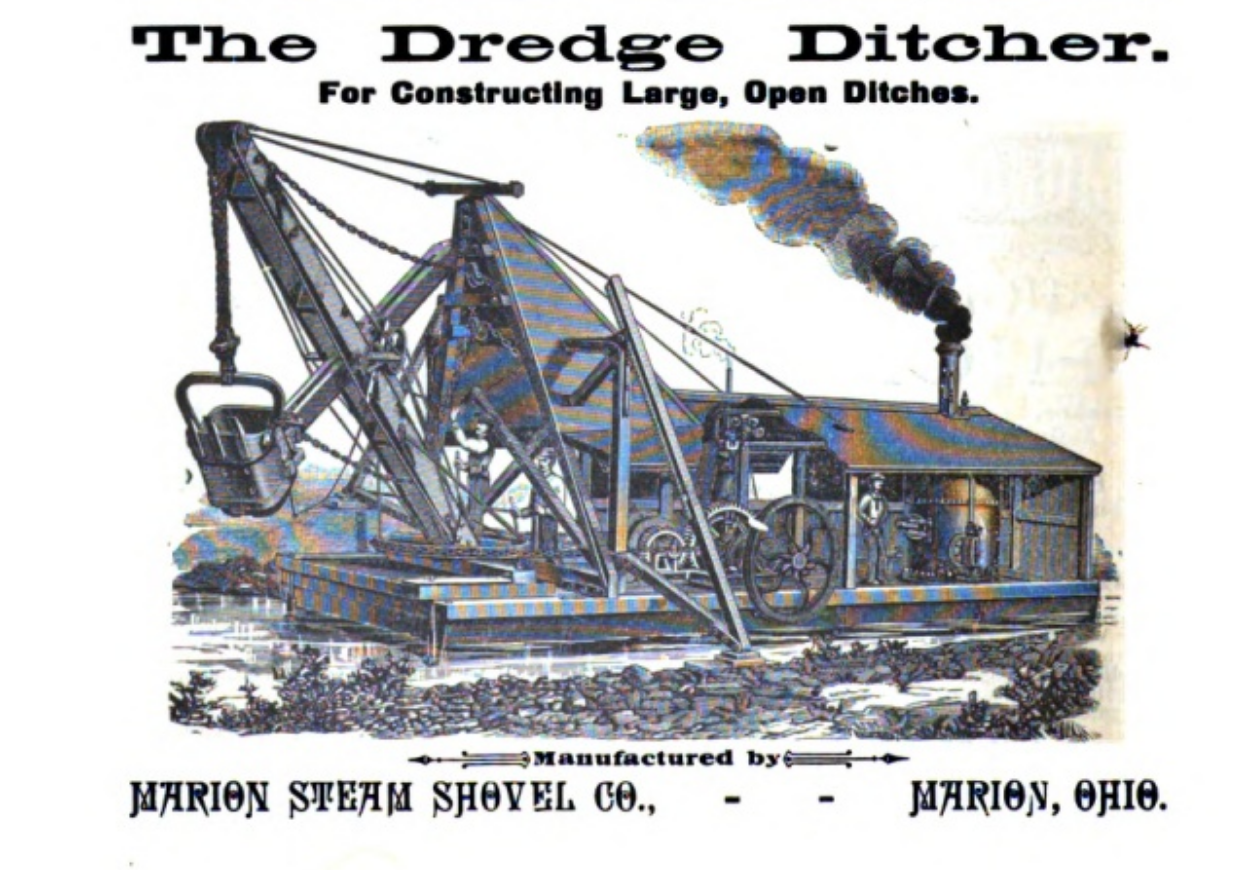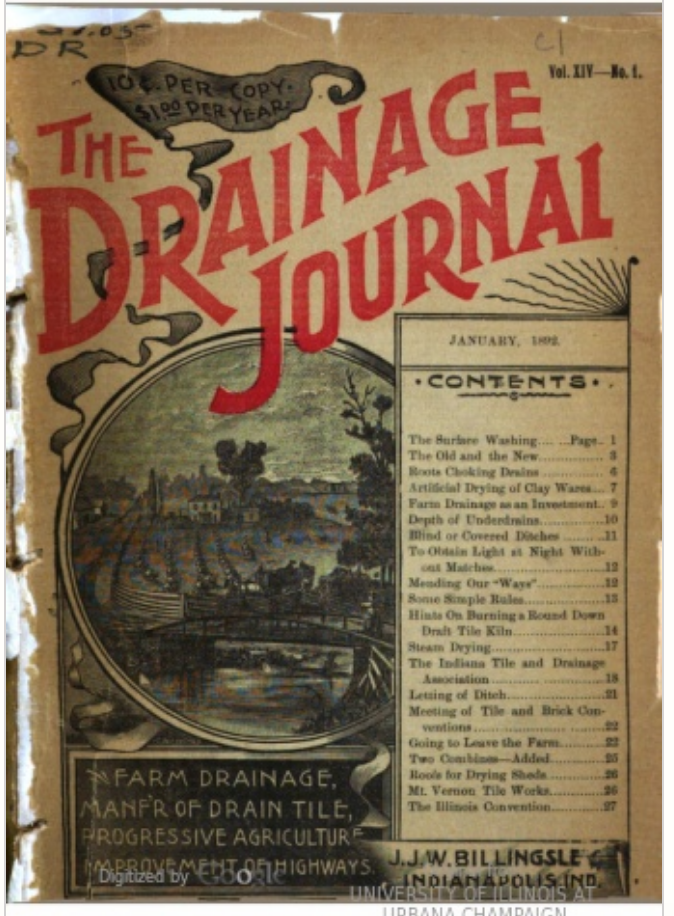People of the Ecotone: Environment and Indigenous Power at the Center of Early America is out now.
I am a historian and author, and I write about early American history and environmental history. I teach at University of Illinois, Urbana-Champaign.
Robert Michael Morrissey, Author and Historian
People of the Ecotone: Environment and Indigenous Power at the Center of Early America is out now.
I am a historian and author, and I write about early American history and environmental history. I teach at University of Illinois, Urbana-Champaign.
Now Available:
People of the Ecotone
Environment and Indigenous Power at the Center of Early America
Robert Michael Morrissey
Foreword by Paul S. Sutter
Indigenous power in a significant cultural and ecological borderland
In People of the Ecotone, Robert Morrissey weaves together a history of Native peoples with a history of an ecotone to tell a new story about the roots of the Fox Wars, among the most transformative and misunderstood events of early American history. To do this, he also offers the first comprehensive environmental history of some of North America’s most radically transformed landscapes—the former tallgrass prairies—in the period before they became the monocultural “corn belt” we know today.
Morrissey situates the complex rise and fall of the Illinois, Meskwaki, and Myaamia peoples from roughly the collapse of Cahokia (thirteenth to fourteenth century CE) to the mid-eighteenth century in the context of millennia-long environmental shifts, as changes to the climate shifted bison geographies and tribes adapted their cultures to become pedestrian bison hunters. Tracing dynamic chains of causation from microscopic viruses to massive forces of climate, from the deep time of evolution to the specific events of human lifetimes, from local Illinois village economies to market forces an ocean away, People of the Ecotone offers new insight on Indigenous power and Indigenous logics.
University of Washington Press/ Weyerhaeuser Environmental Books
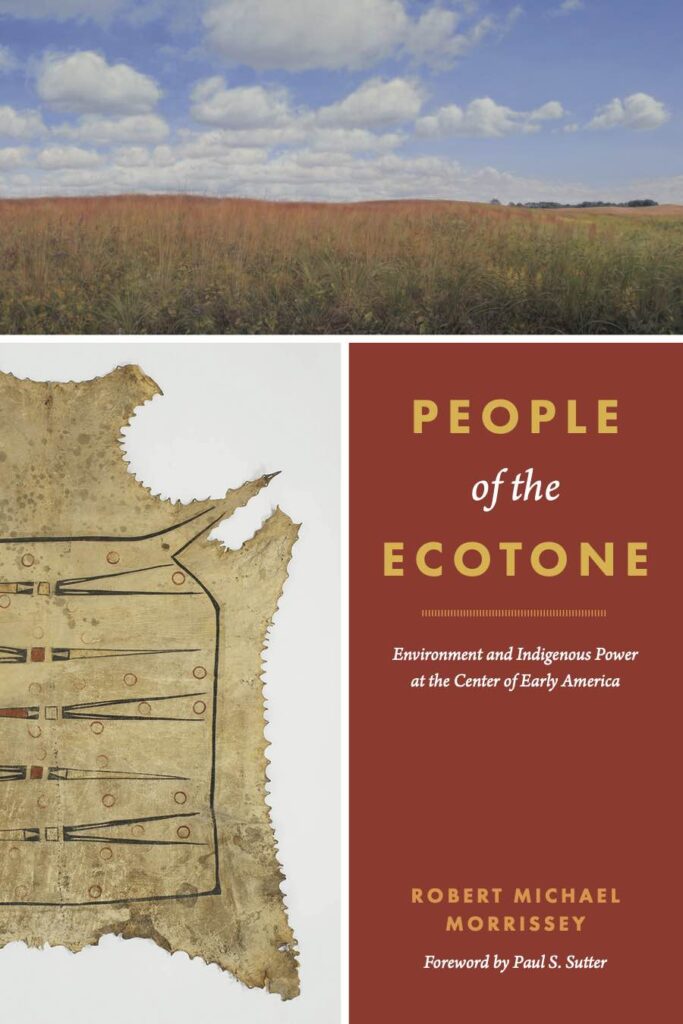
Please contact me if you would like me to speak to your group about my new book.
Upcoming
East Central Illinois Master Naturalist Presentation, “The Tallgrass Prairies in Early America,” May 20.
Central Illinois Master Naturalist Presentation, “The Tallgrass Prairie in Early America,” April 10, 6pm. Venue TBA.
University of Wisconsin Arboretum Winter Enrichment Series, “The Tallgrass Prairie in Early America.” February 8, 2024, online.
Webinar on Reclaiming Stories, October 24, 7pm, Via Zoom. Sponsored by U of I Alumni Affairs. Register.
Lecture/ Webinar for Sinsinawa Mound Retreat Center, Tuesday November 7, 7pm Central, via Zoom.
Environmental Studies of the Great Lakes Conference (postponed)
Bob talks about People of the Ecotone with Stephen Hausmann on the New Books Network.
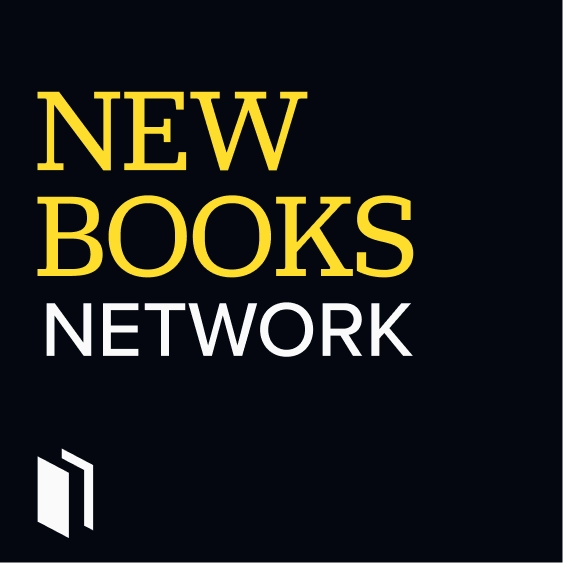
https://news.illinois.edu/view/6367/49387165
People of the Ecotone won the Hal K. Rothman Prize in Environmental History from the Western History Association.
“Writing sensitively about place while also teaching at the University of Illinois, Urbana-Champaign, Morrissey models deep research and public engagement of the kind that pushes a wide readership to understand complex Indigenous environmental histories…Working from an assumption that most readers can imagine the monocultures of corn and soy that have dominated the region under industrial agriculture, People of the Ecotone recenters the midcontinental environmental imagination in powerful ways, suggesting that U.S. histories of the Midwest have foreshortened people’s sense of the past and therefore limited the collective imagination of possible futures.” Thomas M. Wickman, William and Mary Quarterly
“Morrissey attempts, and succeeds, at drawing a historical map of human-nonhuman interactions that reflects the complexity of Native American cultures.” Zhihui Zou in World History Encyclopedia
“People of the Ecotone is a compelling book. In a little over two hundred pages, Robert Michael Morrissey argues—and clearly demonstrates—that the histories of Native people during the contact era were not simply reactions to outside forces but emerged from older, place-and-time-specific relationships between humans and the natural world.” Cameron B. Strang in H-Net Reviews.
“Robert Michael Morrissey’s People of the Ecotone is a captivating analysis of the ways in which the peculiar environmental characteristics of the Illinois River Valley and the larger prairie peninsula redefined Native American societies after the fall of Cahokia.” Stephen Warren in Western Historical Quarterly.
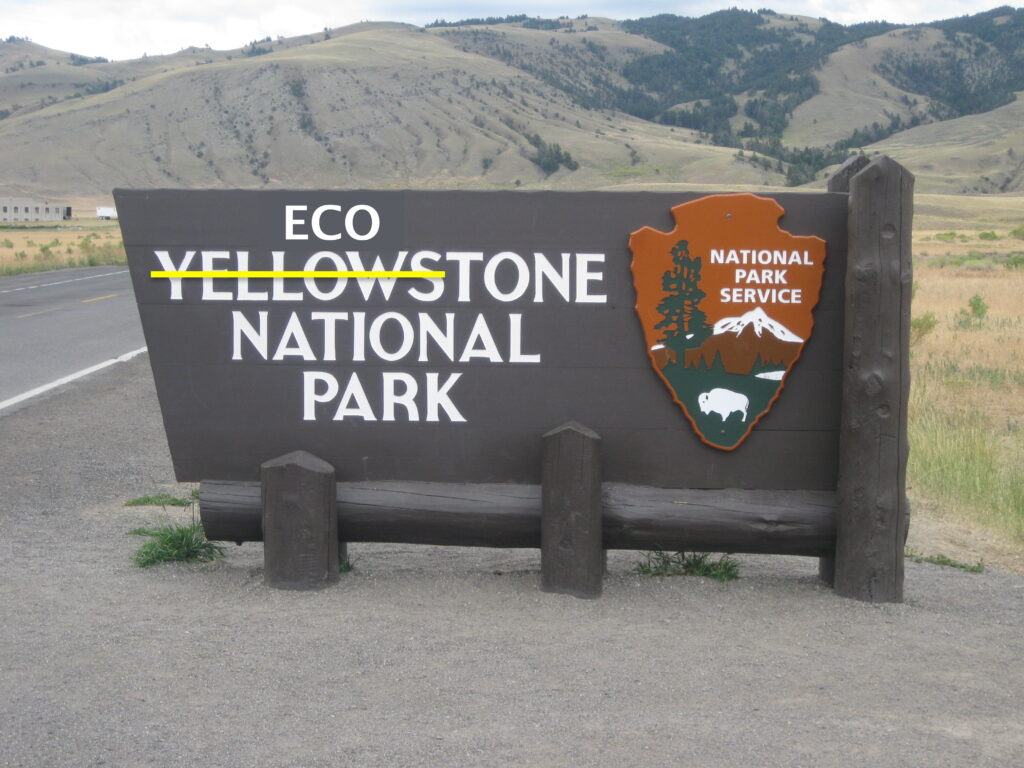
I am a historian who writes and teaches about the history of early America, American frontiers, and environmental history. In 2018-2020, I was Mellon Faculty Fellow in Environmental Humanities at the Illinois Program for Research in the Humanities, where I led an interdisciplinary team in programming, research, and curriculum development. Click here for our group study, The Flatland Project, including my essay “The Drains out of Town.”
I also helped to create the Colonial American History Lecture Series at the Newberry Library in Chicago, which is now in its sixth year.
I am founding co-editor of the book series, Environmental Studies of the Great Lakes, a new interdisciplinary series from Michigan State University Press. I am also a member of the Reclaiming Stories collaborative project team.
I teach courses in early America and environmental history, as well as the American West. My course on Colonial American history now features a major project on one special object in the UIUC collections; check out the online exhibit here or watch this short mini-documentary. In Spring 2024, I will lead a Humanities Research Lab on local environmental history.
My new project is an environmental history of agricultural drainage in the former tallgrass prairie region of North America– the “corn belt.” A somewhat unsung and perhaps unlikely topic for a history book, ag drainage (burying “tiles” in fields) was and is a massive feat of engineering, representing as consequential a change in the wetland environments of the Midwest as more recognizable water engineering—dams and irrigation projects—ever made in the arid West. It is a primary component of one of the biggest environmental problems in North America today—nitrogen and phosphorus pollution from agricultural runoff in downstream bodies of water like the Gulf of Mexico and Great Lakes. I am planning a new book that centers this often invisible engineering project as the key event in Midwestern environmental history.
For an initial foray into this topic, see my essay, “The Drains out of Town.”
